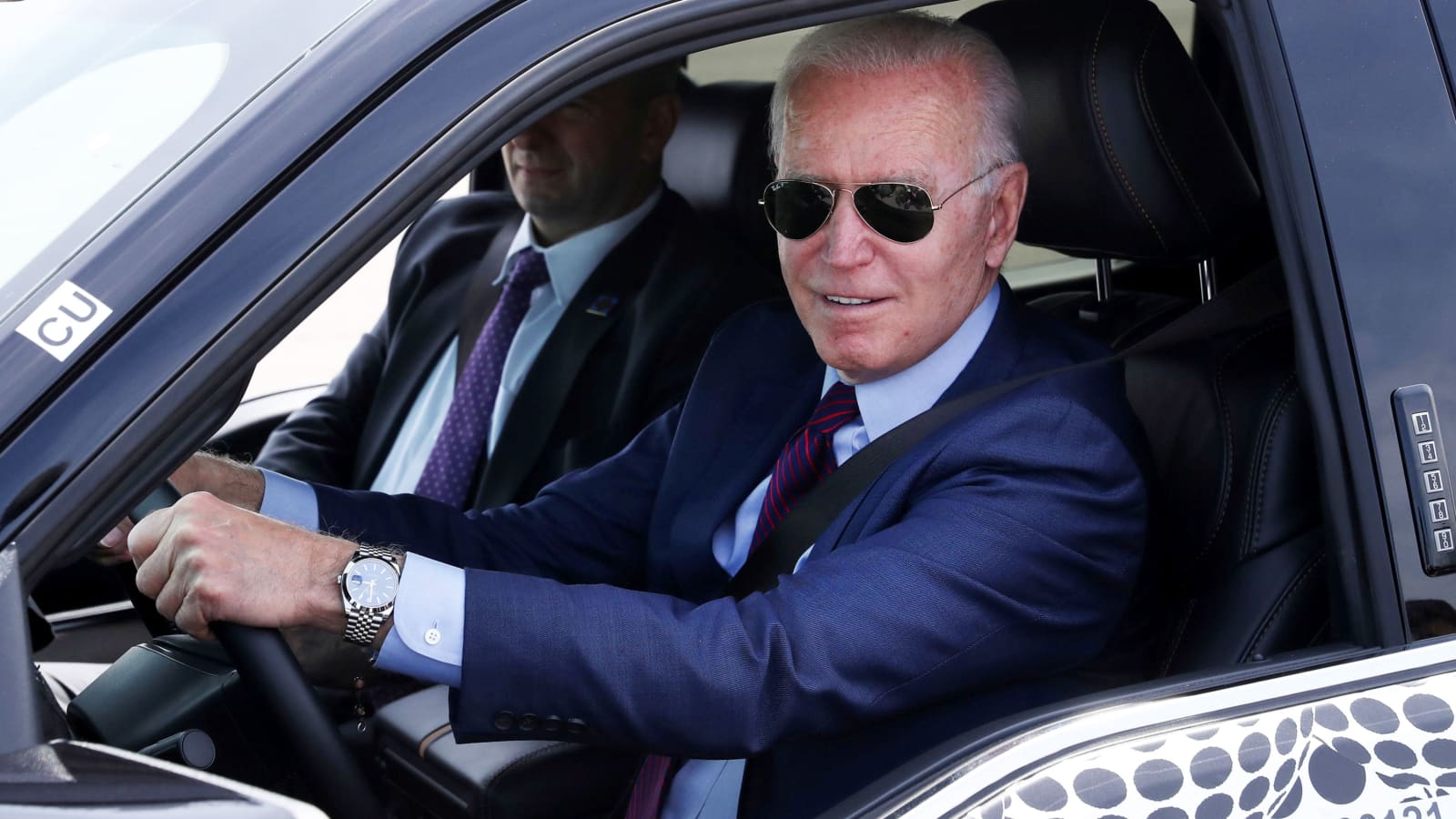The White House announced a Commerce Department investigation into Chinese vehicle imports on Thursday, citing concerns about potential national security risks posed by “connected” car technology.
According to the White House, vehicles collect extensive data on drivers and passengers and use cameras and sensors to gather detailed information on U.S. infrastructure.
President Joe Biden emphasized the need to prevent China from flooding the U.S. market with vehicles, which could compromise national security.

The investigation will examine whether Chinese vehicles could be remotely piloted or disabled, including autonomous vehicles.
While no specific actions have been decided yet, White House officials emphasized the administration’s commitment to protecting national security and preventing Chinese vehicles from undermining it.
The Alliance for Automotive Innovation, a trade group representing major automakers, called for collaboration between the Commerce Department and the auto industry to determine the scope of any potential action.
They urged a targeted approach to address transactions that pose risks to economic and national security without affecting low-risk transactions.
Despite relatively few Chinese-made vehicles currently imported into the U.S., Commerce Secretary Gina Raimondo stressed the importance of taking action before potential threats become widespread.
Chinese electric vehicle (EV) makers have been eyeing global markets, but some, like BYD, have expressed no intention to enter the U.S. market, focusing instead on regions like Southeast Asia, the Middle East, and Europe.

In response to the investigation, China’s foreign ministry called for fair competition and criticized the U.S. for stretching the concept of national security. They argued that Chinese vehicles gained global popularity through market competition and technological innovation, and targeting them exclusively would be unfair.
The probe will seek public comments for 60 days before considering drafting regulations to address concerns. It comes amid broader efforts to reduce reliance on Chinese supply chains in critical industries and concerns over data privacy and security.





